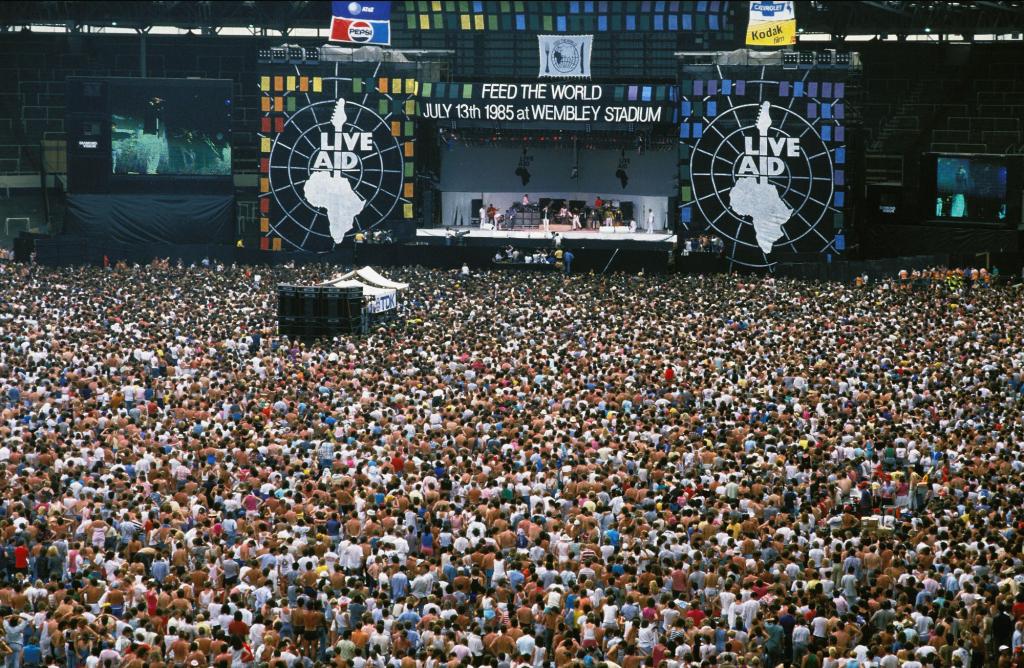At this year’s Edinburgh Fringe, the new thing, the hot ticket, is being neurodiverse. Across comedy, stand up, magic and the spoken word it’s not so much Lady Macbeth as My Mental Health.
Standing out in the chaos of the 3,000 plus shows of Edinburgh Fringe by being ‘different’ has always been the number one prerequisite for gathering any kind of audience. And this year it seems like show after show is doing that by focusing on the psychological compulsions of the performers themselves.
‘Lady ADHD’, ‘Hyperactivity Disorder’, ‘Naughty or Neurodiverse: Magic from another planet’, ‘Baby Belle: Young, Dumb and full of Autism’, ‘River Time’, and ‘Unstuck’ are just some of the smorgasbord of shows transmuting psychiatric conditions into supposed public entertainment.
According to Blaire Postman, or Lady ADHD, ‘I just want to tell the world that ADHD folks have a lot to offer – some of those skills really do change the world – so we have to stop trying to put ADHD into a box’.
There are shows about Obsessive Compulsive Disorder, Attention Deficit Hyperactivity Disorder, autism, Dyscalculia (difficulty with numbers) and even a show exploring, rather dangerously for any Fringe performer, Rejection Sensitivity Dysphoria (feelings of failure and rejection).
There is even an official Fringe neurodiverse classification to help would-be show-goers pick out the preferred compulsion of their choice.
Often these shows are a strange amalgam of US medical jargon, purported comedy and intimate pharmaceutical detail about daily Ritalin doses. It can feel like you have stumbled into a painful American Pathologies Anonymous therapy session rather than a confessional comedy. For the audience too it can be hard to discern where the therapy stops, the show begins and who is performing for whom.
As mental health professionals warn, Edinburgh is not the place to work your own mental health problems out. ‘Because there is a lot less stigma around mental health – which is a good thing – more people are now defining themselves in terms of their own mental health conditions. But there are some people at Edinburgh who are putting themselves into a very vulnerable position by performing on stage, something they should not really be doing,’ says Andrew Eaton-Lewis, an arts programmer with Mental Health, a charity which sponsors an award for the best show about mental health at the Fringe.
The allure of performing at the Fringe, the world’s largest arts festival, still compels many. In Unstuck, US comic Olivia Levine details her OCD fixations on public masturbation and fears that her own vaginal germs would kill her parents. ‘To share yourself is to share your disorders and share the possibility of being crazy – which I am not,’ says Levine.
Unstuck is polished, precise and after as Levine recounts, decades of psychological intervention since childhood from at least eight therapists, including an OCD specialist, a professionally funny and insightful comedic routine.
Other shows, Hyperactivity Disorder or Lady ADHD, border on the pedagogic. A generally baffled UK audience are introduced to an alien world of childhood American pharma concoctions and the creative ‘superpowers’ of how an OCD diagnosis shapes the mind. ‘I wanna say – it’s okay if your brain works in a different way. It’s not a downer it’s a disability. And I want people to understand that better,’ says Arielle Dundas of her own Hyperactivity Disorder show.
For some medical critics what is unfolding at this year’s Edinburgh Fringe is far from funny. By expanding our definition of mental illness we end up trivialising serious medial disorders.
There has been explosion since the pandemic of adult patients across the NHS demanding their lives are redefined by some hitherto undefined mental health diagnosis, such as autism, OCD or ADHD. ‘Autism is a very serious illness, a terrible illness, the inability to read other people’s mental states. When I was a junior psychiatrist the idea that someone with autism would be doing stand-up comedy at Edinburgh would just have been ridiculous. But now it’s common place,’ says Professor Sir Simon Wessely, former president of the Royal College of Psychiatrists.
‘It’s not to do with medicine, it’s a cultural shift. We are getting rid of the old classifications we used, bookish, nerdy, gauche, socially awkward and replacing them with some mental health label. These patients don’t want treatment just a validation for something else in their lives, a failed marriage, or their career gone wrong. The trouble is that this huge demand overwhelms the NHS’s limited resources and it now takes 24 months before anyone, even serious cases, can get an assessment.’
Andy Warhol claimed we would all get to be famous for 15 mins. Now at Edinburgh we can all get to be neurodiverse too if it helps us on the road to fame.
Kevin Toolis is director/producer of the former Edinburgh fringe show The Confessions of Gordon Brown. The Edinburgh Festival runs until 26 August.







Comments